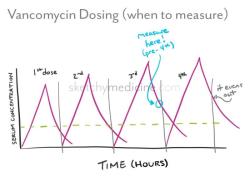What is Sud?
SUD stands for Substance Use Disorder, which is a medical term used to describe a condition in which the recurrent use of substances, such as alcohol or drugs, leads to clinically significant impairment or distress. Substance Use Disorder encompasses a range of problematic patterns of substance use that can have serious physical, psychological, and social consequences. It is a complex and multifaceted condition that affects individuals from all walks of life.
Key features of Substance Use Disorder include:
Impaired Control: Difficulty in controlling the use of substances, often leading to excessive or compulsive consumption.
Social Impairment: Substance use leads to problems in social, occupational, or other important areas of functioning. This may include difficulties in relationships, work, school, or legal issues.
Risky Use: Continued use of substances in situations where it poses a physical hazard, such as driving under the influence.
Pharmacological Criteria: Development of tolerance (needing more of the substance to achieve the desired effect) and withdrawal symptoms when the substance is not used.
Neglect of Major Roles: Substance use takes precedence over other important responsibilities or activities.
Time and Energy: A significant amount of time is spent obtaining, using, or recovering from the effects of the substance.
Substances involved in Substance Use Disorder can include alcohol, prescription medications, illegal drugs, and other substances. SUD is not limited to any specific substance; it is a broad term that encompasses a variety of substances and patterns of use.
SUD is diagnosed on a continuum of severity, ranging from mild to moderate to severe. The severity is determined by the number of criteria met. It's important to note that SUD is a treatable medical condition, and individuals with SUD can benefit from various forms of treatment and support, including counseling, therapy, medications, and peer support.
Understanding Substance Use Disorder involves recognizing the biological, psychological, and social factors that contribute to its development. It's important for individuals, families, and communities to have awareness about SUD, as well as access to resources and services that can aid in prevention, intervention, and treatment.













